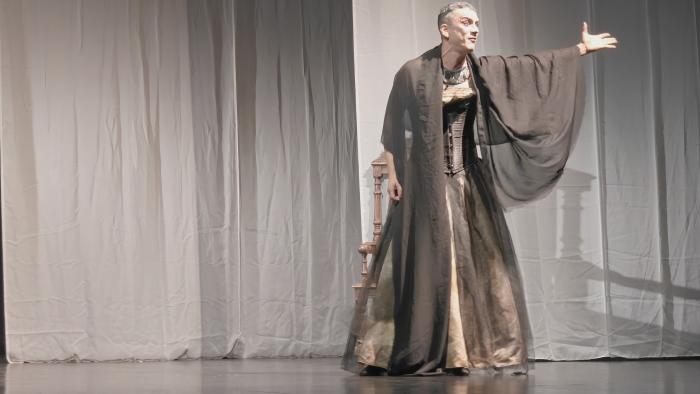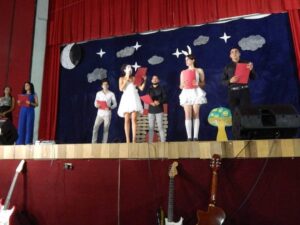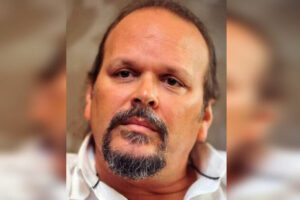The 21st Havana Theatre Festival offered 90 activities, attended by almost 9,000 people.
Theatre is an instrument for examining (and catalysing) social transformations, because theatricality not only allows us to glimpse realities on the margins, but also to provoke deep questions and change perspectives; and this acquires tremendous force in times of polarisations and biases that tend to cloud critical capacities and plunge us into tribalism.
This was reflected upon in ‘Theatre in the Face of Post-Truth: Anti-Hegemonic, Anti-Colonial, Against War, Against Discrimination’; one of the theoretical activities within the programme of the 21st Havana Theatre Festival, which concluded on Sunday.
The panel, moderated by journalist and vice-president of the Union of Cuban Writers and Artists, Yuris Nórido, included the theatre practitioners Virgilio Valero, from Ecuador; Íñigo Urrutia, from Chile; and the Argentine Rosario Correa.
That art which pushes towards intransigence by innovating poetics will always need the conviviality between actors and audiences – it was said – which is why it is so important to overcome the schema of the theatre practitioner who has another theatre practitioner in mind as their ideal spectator.
Theatre is for people, even for those who have no idea what it is, reflected Urrutia, artistic director of Crimen (Historia de una Reina), a piece brought to the Festival by the company Imágenes Paganas. «The beautiful thing about this art is that it ends. It is not about delivering a manifesto, but about making people leave thinking, even if they felt uncomfortable.»
Faced with the «Tiktonian» consumption habit, which demands speed, intensity, and constant dramatic climaxes from the stage, the invitation was to continue defending the theatre that implies a link with others, against the solitude of screens; because people need to think while being entertained, and it is important to defend the emptiness from which creativity emerges.
Precisely, as proof of that «embrace» which the theatrical spectacle has the capacity to offer, a 76-year-old artist from the panel’s audience expressed gratitude for the existence of such a Festival, so diverse and solid in its proposals: «After a long time feeling unmotivated, last night I dreamt of creating another show. Hope has been reborn in my heart.»
This is an undeniable achievement of the event, alongside those highlighted by Rachel García Heredia, President of the National Council for the Performing Arts, at the closing ceremony: «opening Cuba’s windows to the world, building bridges of fraternity and human solidarity, fostering exchange with colleagues from other latitudes.»
She also highlighted, from these days, the work of theatre practitioners from the eastern region in the evacuation centres, «to provide spiritual accompaniment to those affected by the impact of Hurricane Melissa. Among the groups we find the Macubá Theatre Studio (Santiago de Cuba) and Teatro Andante (Granma), selected for the Festival’s central showcase.»
This edition saw the participation of 21 national and foreign companies, with seven countries represented including Cuba: Argentina, Brazil, Chile, Ecuador, the Dominican Republic and Switzerland. There were 22 stage productions, 57 performances, and a total of 90 proposals, attended by 8,995 people.




